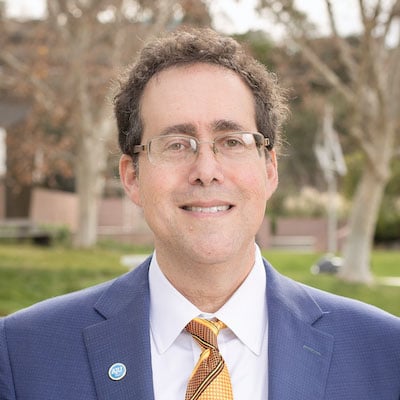Remarriage After Divorce
Dear Rabbi,
When can a woman remarry after divorce?
Katherine
Dear Katherine,
Since marriage is itself a religious enactment (called
kiddushin in Hebrew), it requires a religious ceremony to terminate a Jewish
marriage. And since rabbis also act as agents of the state in performing
marriages, most rabbis require a civil divorce to be completed prior to
proceeding to deliver a get (the document of divorce).
So, once a woman has completed the civil divorce and has
received her get, she is free to remarry, provided that the man is himself
single (either having never been married, or himself having already finished a
civil divorce and given a get to his previous wife).
Should They Convert?
Dear Rabbi,
I was adopted at birth in 1970. In 1992, I located my birth
mother, though the family and historical information I have received has been
very little. I am under the impression that there may be Jewish roots in my
heritage. How can I confirm this? I have been studying Torah since last fall. I
am aware of the Noahide laws and how they pertain to me, a gentile. However, I
have been considering possible conversion. Am I more accountable before Hashem
to convert if it is confirmed that I do come from a Jewish background? My
mother’s surname is Glazer and I was told that part of the family is from Germany.
My husband is also in a similar predicament, as his mother was adopted and has
recently found that her families’ surnames were Kopp and Hart.
We want to be pleasing and find favor in the eyes of Hashem
and are stumbling over what the right thing would be to do.
Kathleen
Dear Kathleen,
What an amazing journey of faith and devotion you and your
husband exemplify. And what an interesting example of the complexities of
modern life.
According to Jewish law, a person is Jewish if his or her
mother was Jewish or if he or she converts. If your mother (or her mother) were
Jewish, then technically so are you. In that case, you would not be converting,
you would be reaffirming your true identity, a homecoming.
Whether or not you and your husband establish that you came
from Jews, you are most welcome to find a program to learn about Judaism and to
explore the wonder of living a life of Torah and mitzvot. Find a local rabbi
who can teach you and guide you.
May you both continue to grow in God’s service, and may you
be a blessing.
To Read or Not to Read
Dear Rabbi,
We are a small congregation of four families in the hills of
West Virginia. We aren’t formally a member of any of the movements, but our
level of observance is between modern Orthodox and Conservative. We currently
hold services on Shabbat eve and would like to expand services to Shabbat
morning and afternoon. However, we do not have a sefer Torah and it will be
sometime before we can obtain one.
Would it be permissible to read from a Tikkun when we have a
minyan during Shabbat morning and afternoon services until we obtain a sefer
Torah, or should we forgo the Torah portion of the service until a scroll is obtained?
Brian
Dear Brian,
It is wonderful and commendable that you and your community
are keeping Judaism and Torah alive in such an unlikely circumstance. You are
an inspiration, and evidence that the continuation of Torah doesn’t require
much more than devoted Jews, dedication and willingness to work together. The
light of your blessings illumines us all.
Since you do not have a sefer Torah yet, you should not read
from a Tikkun as though you do. Having an aliyah and reciting the blessings
requires a kosher Torah scroll. Until you have such a scroll, you should pause
when you get to that point in the service, and you can conduct a Torah study
group, or have someone read the parsha without reciting the blessings before
and after.
May your congregation continue to grow, and the devotion you
show spread to the rest of us!
Rabbi Bradley Shavit Artson serves as the dean of the Ziegler School of Rabbinic Studies at the University of Judaism, and is the author of “The Bedside Torah: Wisdom, Visions, & Dreams” (McGraw Hill, 2001).























 More news and opinions than at a Shabbat dinner, right in your inbox.
More news and opinions than at a Shabbat dinner, right in your inbox.